About the Research Project
The South African National Research Foundation (NRF) together with the Dutch Research Council (NWO), under the Cooperation South Africa-Netherlands Programme , are funding research to support studies on solutions that balance trade-offs and amplify synergies between the water, energy, and food sectors while simultaneously preserving the environment.
Apart from academic research on the “Water-Energy-Food (WEF) Nexus”, the objective of this collaborative effort is to explore application-oriented solutions across the Water-Energy-Food (WEF) nexus, develop practical guidelines, and support decision and policymakers towards sustainable planning and practices, strategies and policies.
It is under this cooperation that an interdisciplinary team is carrying out a 4 – year study, from January 2020 until December 2024, on the WEF nexus approach in Cape Town. The study will propose a set of recommendations on a more nuanced view of the interconnected nature of water, energy and food sectors and a WEF nexus as an approach that can address interconnectedness and governance of water, energy, and food sectors with the aim to strengthen the resilience of Cape Town.
Cape Town faces a triple exposure to interrelated WEF crises which cannot be effectively addressed in a segmented way. Conventional Responses focus too much on individual domains. Better coordination and new approaches across multiple domains are needed to understand how vulnerabilities and solutions inherent to WEF crises materialize unevenly across the Cape Town metropolitan region. As such, (new) urban policies must address the complex geographies of water, energy and food supply and demand .
It is important to note that, not only is a better coordination across multiple WEF-related domains is needed, but also a better coordination across different levels, such as (household strategies, neighborhood-level responses, regional/metropolitan strategies and across legal or regulatory coordination at different policy levels.WEF crises are wicked problems that can only be better understood and addressed through inter- and trans-disciplinary collaboration.
Principal Investigators
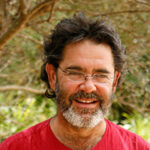




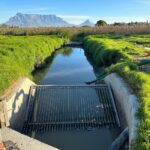
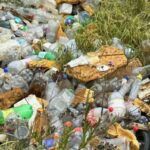
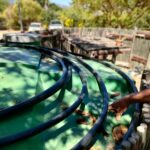
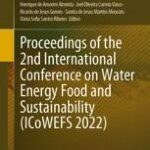
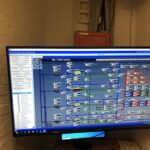


 © 2023 All rights reserved.
© 2023 All rights reserved.

